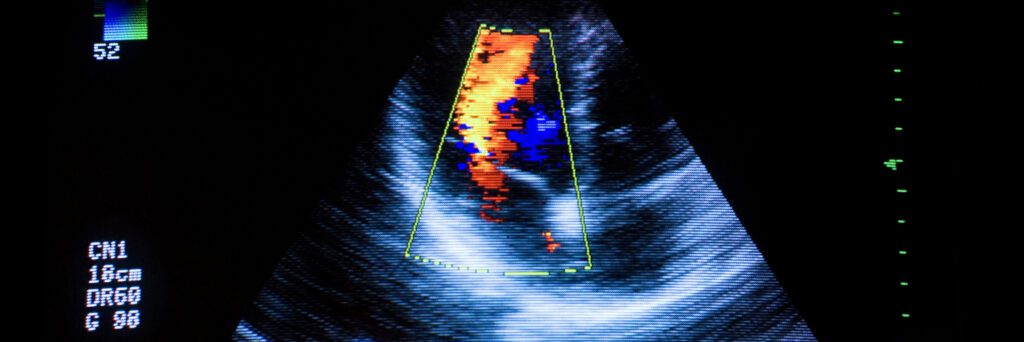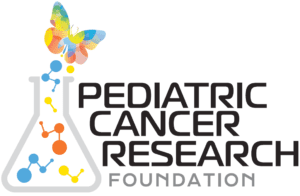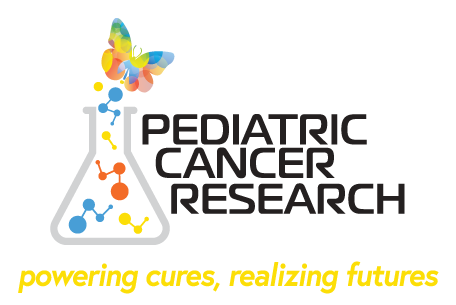Here at the Pediatric Cancer Research Foundation, we make it a point to stay up-to-date on the latest news and breakthroughs in pediatric cancer research. Only through knowledge and collaboration can we ever hope to maximize the positive impact of pediatric cancer research, and only by helping our readers stay informed can we ensure that parents, patients and caregivers have the information they need to make the best treatment decisions.
This month for Childhood Cancer Awareness Month, the National Cancer Institute released a roundup of blog articles highlighting exciting developments in pediatric cancer research from the past year. What most of these stories have in common is their reporting on research that could help kids limit or avoid some of the long-term side effects that many survivors have endured. We were so impressed that we wanted to make sure our readers had a chance to explore their updates. (Please scroll below.)
It’s important to remember that every single day progress is being made in how we understand and treat pediatric cancer. To stay up-to-date on the latest advancements in pediatric cancer research, make sure to bookmark PCRF’s Profectus blog and visit regularly.

Blinatumomab Increases Survival for Infants with an Aggressive Type of ALL

Giving the drug blinatumomab (Blincyto) after standard chemotherapy substantially increased survival for infants with an aggressive form of acute lymphoblastic leukemia (ALL), a recent study showed. If confirmed in larger studies, the treatment may become standard therapy for infants with ALL caused by KMT2A rearrangements.
Liquid Biopsies on the Horizon for Children with Solid Cancers

Results from a new study highlight the progress being made toward developing liquid biopsies specifically for use in children with solid cancers like Ewing sarcoma and Wilms tumor. The tests can help detect and diagnose cancer and monitor for response to treatment and recurrence.
Dexrazoxane Protects the Heart Long Term in Kids Being Treated for Cancer

An NCI study in mice has identified a drug combination that may help treat children with rhabdomyosarcoma. But one of the drugs, ganitumab, is no longer being made. Based on the study’s promising results, the NCI researchers who led the study want to test the combination in humans.
Drug Combination Shows Promise for Rhabdomyosarcoma, But Can It Get to Clinical Trials?

An NCI study in mice has identified a drug combination that may help treat children with rhabdomyosarcoma. But one of the drugs, ganitumab, is no longer being made. Based on the study’s promising results, the NCI researchers who led the study want to test the combination in humans.
Sodium Thiosulfate Approved to Reduce Chemo-Related Hearing Loss in Children with Cancer

The chemotherapy cisplatin often causes permanent hearing loss. Sodium thiosulfate (Pedmark) is the first treatment approved by FDA that can reduce the risk of hearing loss and the severity of damage to the inner ear in children treated with cisplatin.
Amanda Saratsis, MD
Board Member, Scientific Affairs
Jeri Wilson
Executive Director, CSPG





